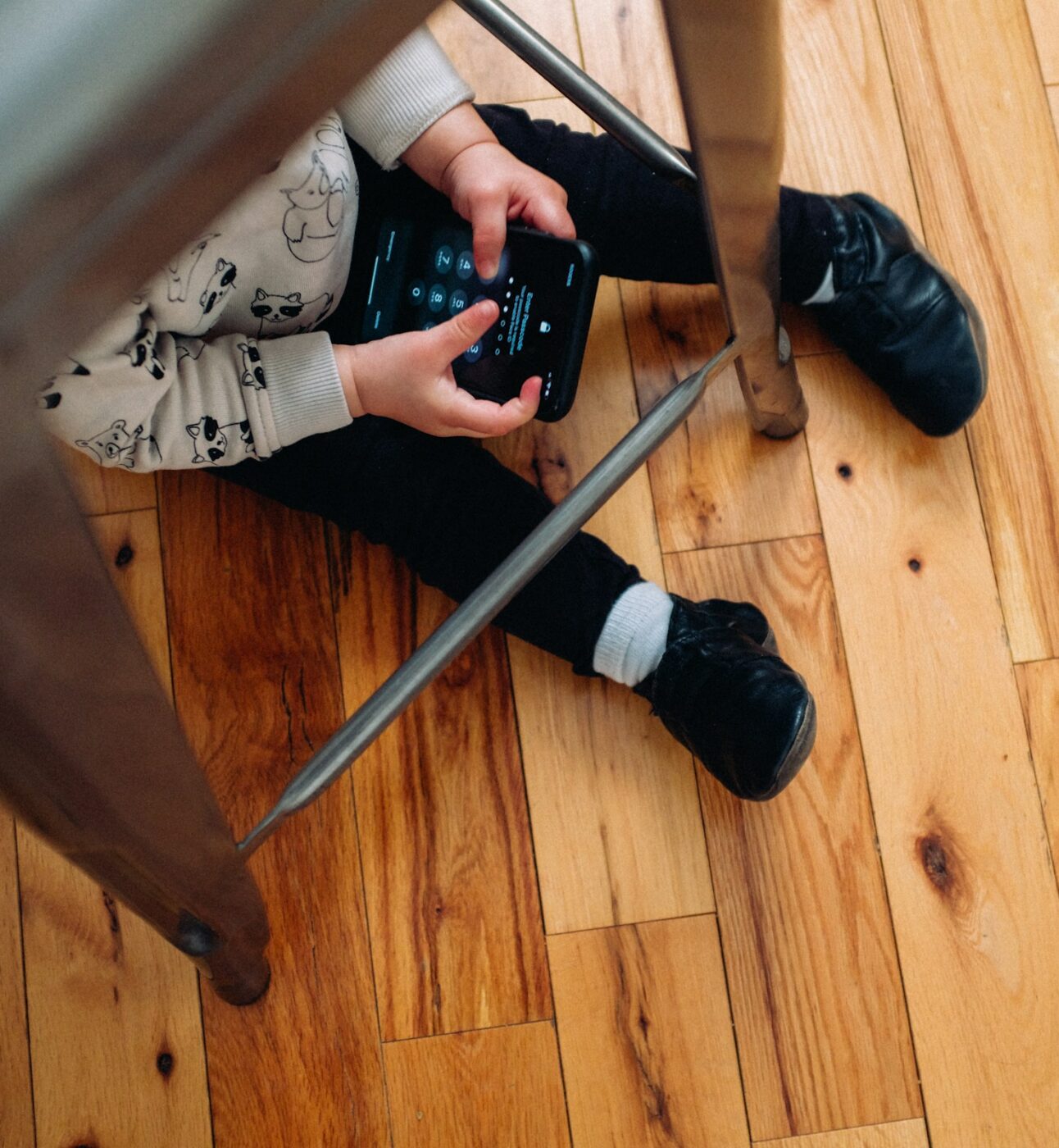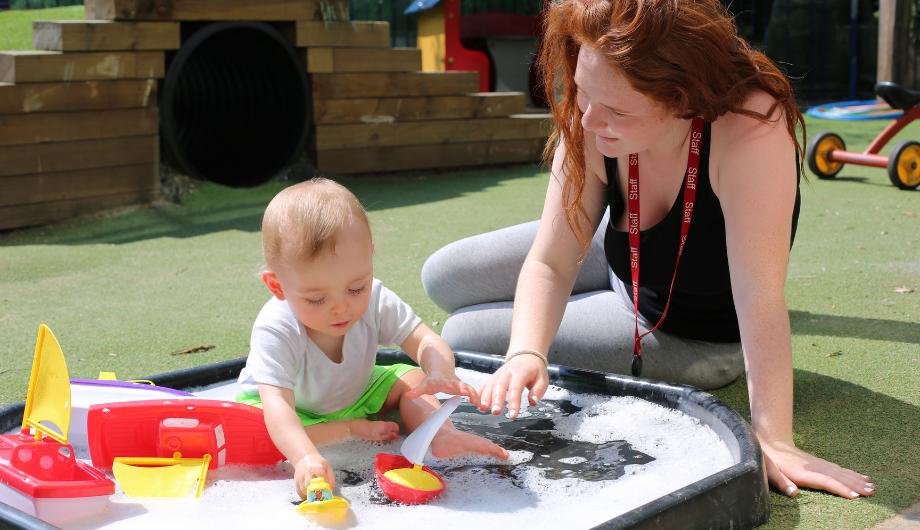
The impact of the mobile phone
It is Good to Talk! The signs of things going wrong in society are usually first evident in small children. The widespread dependence on Smartphones is…
October 21st 2013
It’s been a while since I attended a two day conference where I could participate. My recent pattern has been to attend a conference as a presenter and if possible stay to hear the morning speakers and then be gone. This conference organised by Global Gathering Early Childhood Ireland was attended by 600 delegates from around the globe and provided two long days of interesting networking and conversation or ‘comhra’ as they say in Ireland.
The Conference was opened by the Irish Minister for Children and Youth Affairs Frances Fitzgerald. The Minister is one of only 15 Cabinet Ministers in the Irish Dail. She is not an Under-Secretary to the Education Minister but his equal. She was very articulate and set out a very positive stance asking for full engagement from the sector. (I know, not quite what we experience here!)
The Irish budget had just been agreed and the country remains very vociferous on the matter. The Irish do not mince their words or their humour when it comes to the ridiculing of pompous politicians. However, Minister Fitzgerald was appreciated by the audience for her efforts to fight her corner to secure funding for childcare, mentoring and training to help professionalise the sector. This was considered a step in the right direction and the room was warm towards her.
Over the two days I was particularly delighted by some presenters. One was Professor Stuart Brown of the National Institute of Play. He was simply overwhelming in his arguments that play shapes the brain, opens the imagination and invigorates the soul. He made powerful references to the child’s right to play, something he argued was becoming increasingly embattled and beleaguered. He showed beautiful footage of animals, children and adults playing and it was obvious that play creates an altered state of being, to be attuned and bonded rhythmically as well as a musical and aesthetic dance of joyous responses.
According to the lively Professor, play is deep rooted and wired in our cortex. He regaled us with beautiful and joyful images of body play with children rolling, jumping, falling and sitting and splashing in water and managing the risks – great evidence to counter the health and safety brigade. He showed how object play supported brain and hand co-ordination leading to 3-Dimensional metaphorical thinking, the basis for invention and innovation. He shared images of social play in action at festivals and games and included great photos of how humans learn, give and take through rough and tumble play.
He talked about the importance that role play has in helping us to become self organised especially because it stimulates the cerebellum and increases new connections; something that Professor Stuart Shanker, Research Professor of Philosophy and Psychology at York University, Toronto spent time discussing later in the conference.
Naturally, he was equally articulate about the negative impact of limiting children’s play. Sadly, the UK is not the only part of the world desperate to dismiss play in favour of schoolification and learning. He was quite stark in his analysis; children and animals that don’t play have very high stress levels. Abandoning our impulse to play results in higher levels of aggression, no sense of empathy, high levels of inflexibility, rigidity, interpersonal conflict and a diminished curiosity.
He asked the question ‘What is the opposite of play?’ His response a low grade depression. His example made the audience cry. A US researcher went into a home for the elderly and spent some time talking to very infirm people. One lady was asked how she had liked to play when she was fit. Her answer was that she loved opera. The researcher brought her a tape and played Verdi. The change in her eyes, her rapturous smile and her great joy said it all.
Professor Brown asked us all to talk to someone that knew us when we were young and ask them “What kind of player were you?”
…a joker / storyteller/ collector / explorer / artist / creator / competitor / mover? Find out and understand your own playful instincts and comment on what your discovered. We need to understand the power of play to save it from the ignorant.
We don’t stop playing because we grow old
We grow old because we stop playing
George Bernard Shaw

It is Good to Talk! The signs of things going wrong in society are usually first evident in small children. The widespread dependence on Smartphones is…

Talking Early Years – In Conversation with Dr Ger Graus The power of play is recognised within the Early Years sector as essential to children’s development. Playing is…

How Early Years staff can help children cope with imprisonment of a loved one In my life many of my connections have been made through serendipity. In this case…